Covid 19 has been around forever-or so it seems
The constant theme throughout has been anxiety regarding public health. The elderly are worried. Those with chronic diseases are worried. Those living with obesity are worried.
Obesity has always been of interest. We have historic figures revered for the build. The Venus of Willendorf, the buxom figures of the Restoration and curvaceous ladies in paintings in The Vatican.
The 1940s were the years when obesity was at it’s lowest. This was almost certainly due to life being more physically exerting and the rationing of foods.
Since then, body weights have been steadily increasing. This has been for a variety of reasons
- Technology requiring less physical exertion
- Cheap foods of modest nutritional value
- Availability of junk foods
- Poverty
Much research has been done to understand why people struggle with their weight. It isn’t simply a matter of people being self-indulgent and lazy. “Over-eating” is relative. Too much for one person may be fine for another.
Ask people how they plan to lose weight on January 1
“I’m cutting out alcohol”, “I’m banning cakes, sweets and desserts” and “I’ll join a gym”
These all sound commendable but are really destined to fail. The answer to a healthy lifestyle is like a three-legged stool-remove one leg and it will topple over.
- A healthy diet
- Regular exercise
- Behavioural change
Regular exercise doesn’t have to mean dusting off the lycra and joining a gym. 150 minutes spread over the week. Dog walking is an idea option and taking children along gets them into a routine.
Behavioural change.
Learning how to manage stress is really helpful. Stressed people often turn to food. It is also useful to try to improve sleep hygiene. Insomnia often leads to eating.
It is very difficult for parents. They want the best for their children but lack of funds and the availability of different foods can make it difficult to provide a healthy diet. There is also a balance between children developing an eating disorder and having a healthy relationship with food.
It is very difficult for parents. They want the best for their children but lack of funds and the availability of different foods can make it difficult to provide a healthy diet. There is also a balance between children developing an eating disorder and having a healthy relationship with food.
Those who are overweight or living with obesity may benefit from other interventions.
Trying to lose weight can be a thankless task. We now consider the “set point theory” whereby our body has already decided what our weight should be. Any attempts to change it can be met with internal measures to thwart our attempts. Hormones can be released to increase our hunger and encourage us to eat more.
This situation often leads a variety of health conditions including type 2 diabetes, high blood pressure and heart disease. As a country, we need to work together to see how we can empower and support people to reclaim responsibility for their health. There are numerous options which can include, when appropriate, prescription medication, psychological therapies and surgery.

Written by Toni Jenkins (Obesity specialist Nurse), Wednesday 18th November 2020













